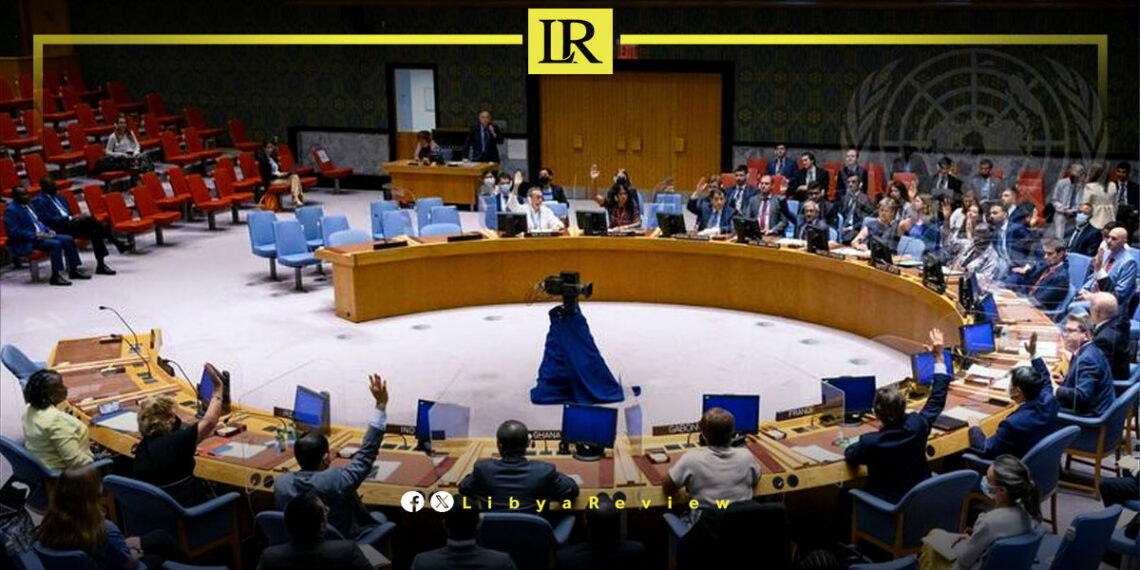The United Nations Security Council is scheduled to vote on Thursday on a draft resolution aimed at renewing international authorization to inspect ships bound for or departing from Libya. The inspections are part of a broader strategy to enforce the longstanding UN arms embargo on the country.
The resolution, co-sponsored by France and Greece, proposes a six-month extension of the mandate, which permits UN member states, individually or through regional organizations, to carry out inspections in international waters off Libya’s coast. These operations are allowed when there are reasonable grounds to suspect that a vessel may be in violation of the arms embargo imposed on Libya in 2011.
This mechanism has played a central role in international efforts to prevent the flow of illicit weapons into Libya, which continues to grapple with political divisions, armed groups, and an incomplete transition toward national unity and elections.
The draft resolution is expected to pass with broad support, as most Security Council members maintain that the arms embargo remains a necessary tool to contain Libya’s fragile security environment and prevent a relapse into full-scale conflict.
If renewed, the resolution will extend the legal authority for these maritime operations until late 2025, ensuring the continuation of ongoing efforts to monitor and enforce compliance with the embargo. Over the years, the UN has consistently renewed this mandate as part of a comprehensive framework to support Libya’s stabilization and promote a peaceful political settlement.
The Security Council’s deliberation follows recent security concerns in Libya, including outbreaks of violence in Tripoli and continued delays in implementing the ceasefire and electoral roadmap agreed under the UN-led peace process. While diplomatic efforts continue, the arms embargo remains one of the few concrete instruments for limiting the influence of armed factions and reducing external interference.


